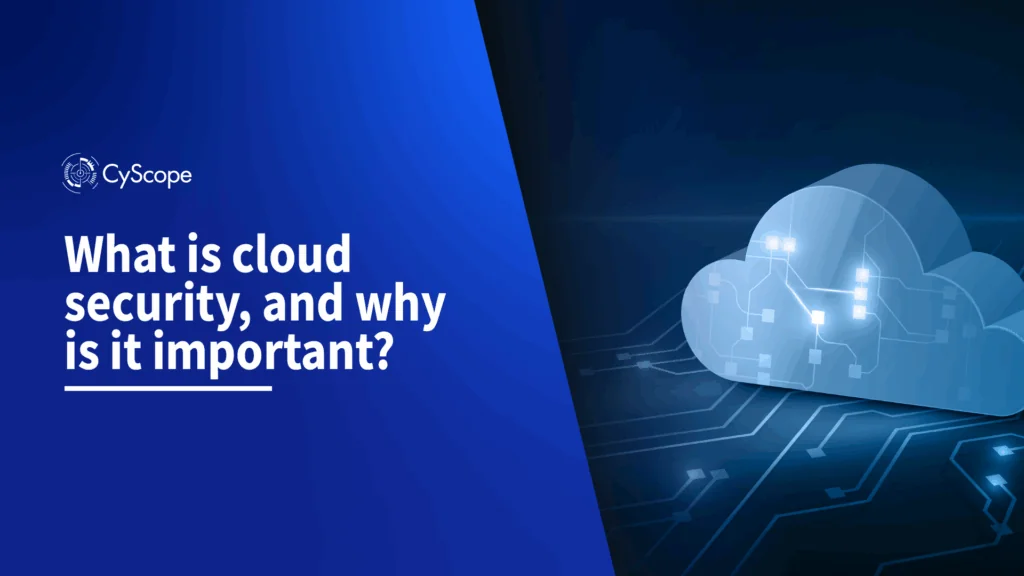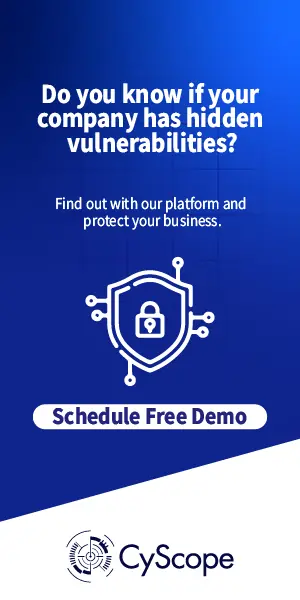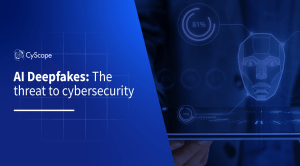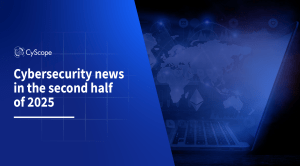Imagine storing your most valuable assets in a place accessible from anywhere in the world, but with no locks or surveillance. This is how many companies that migrate to the cloud operate without a solid protection strategy. Cloud security is not an abstract concept or a luxury for large corporations: it is the foundation that ensures that your information, applications, and digital operations are safe from increasingly sophisticated threats.
That is why protecting these spaces has become as critical as protecting a physical office nowadays. But how can this be done without resorting to complex or costly solutions? This article will explain what cloud security entails, why it is an essential pillar for any modern business, and how you can implement it efficiently, taking advantage of innovative approaches and specialized knowledge.
What is cloud security?
Cloud security refers to the set of practices, technologies, and policies designed to protect data, applications, and infrastructure hosted in cloud environments (such as AWS, Azure, or Google Cloud). This includes:
- Data protection: Encryption of sensitive information (e.g., customer data, transactions).
- Access management: Control who connects to your systems and how.
- Regulatory compliance: Assurance of standards such as ISO 27001 or PCI DSS.
Why is cloud security important
- 60% of corporate data is already in the cloud (Gartner, 2023).
- Cybercriminals attack cloud services 3 times more than 5 years ago (IBM X-Force).
- A single misconfiguration can expose your entire infrastructure.
Read also: What is offensive security? Discover its benefits
3 key benefits of cloud security
1. Breach prevention due to misconfigurations
Human error is the cause of 68% of leaks in cloud environments (Verizon DBIR, 2023). For example, public databases in AWS S3 without authentication or excessive permissions on administrator accounts.
How we approach it:
- Penetration testing (PTaaS): Our ethical hackers simulate attacks to discover flaws in your IAM, storage, or API configurations.
- Compliance review: We verify if your environment complies with the cloud provider’s shared responsibility model.
2. Vulnerability detection in cloud-native applications
Modern apps (Kubernetes, serverless) are agile, but introduce risks such as exposed APIs or misconfigured containers.
How we approach it:
- Specialized Bug Bounty Programs: We encourage our community of ethical hackers to find bugs in your APIs, microservices, or serverless functions.
- Container image scanning: We identify obsolete libraries or malware in DevOps environments.
3. Rapid response to emerging threats
Cloud environments are constantly evolving, and static solutions are not enough.
How we approach it:
- On-demand pentests: Perform tests at every stage of your cloud project (development, staging, production).
- Priority updates: We alert you about critical vulnerabilities and how to patch them.
You should be interested in: IoT Security: The protection that your devices need
Conclusion: The cloud is powerful, but it’s only safe if you are
Migrating to the cloud without a security strategy is like building a house without locks: eventually, someone will break in. The good news is that you don’t need an in-house team of 50 experts or expensive tools. CyScope combines the best of both worlds: scalable technology and a community of ethical hackers who understand the unique challenges of each sector.
Ready to take your cloud security to the next level? Schedule a free demo and find out how 450+ ethical hackers and on-demand testing can armor your cloud assets.





